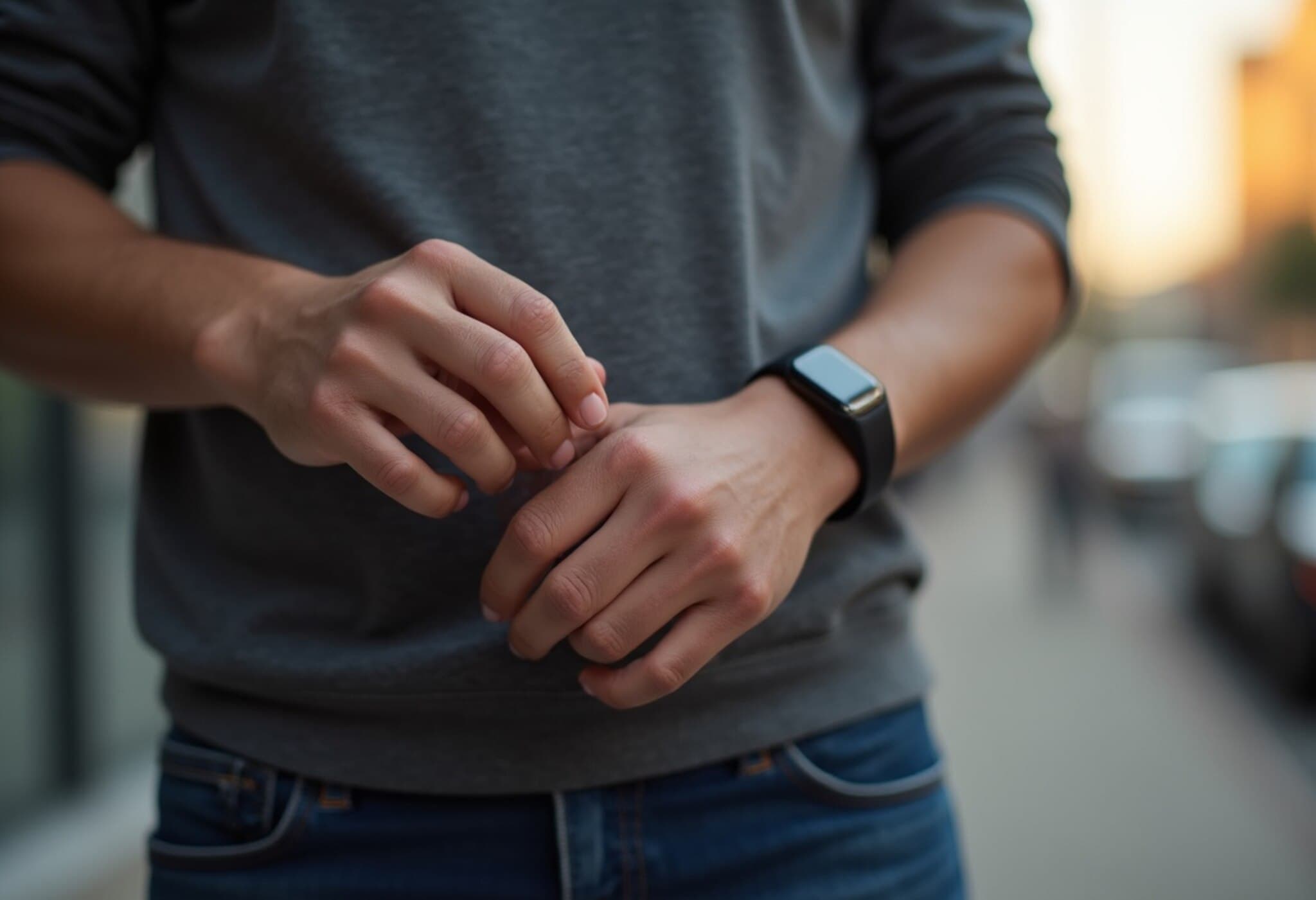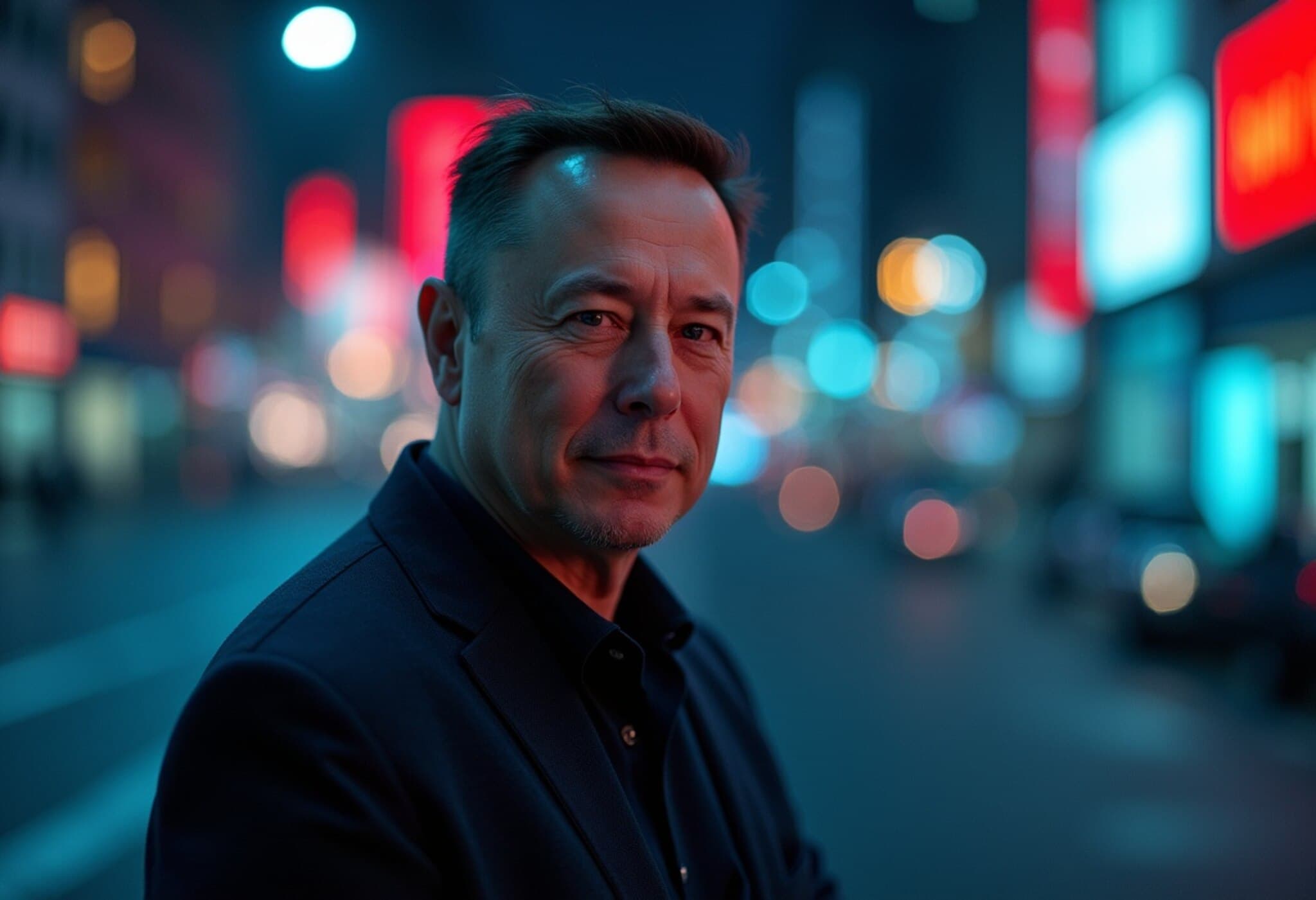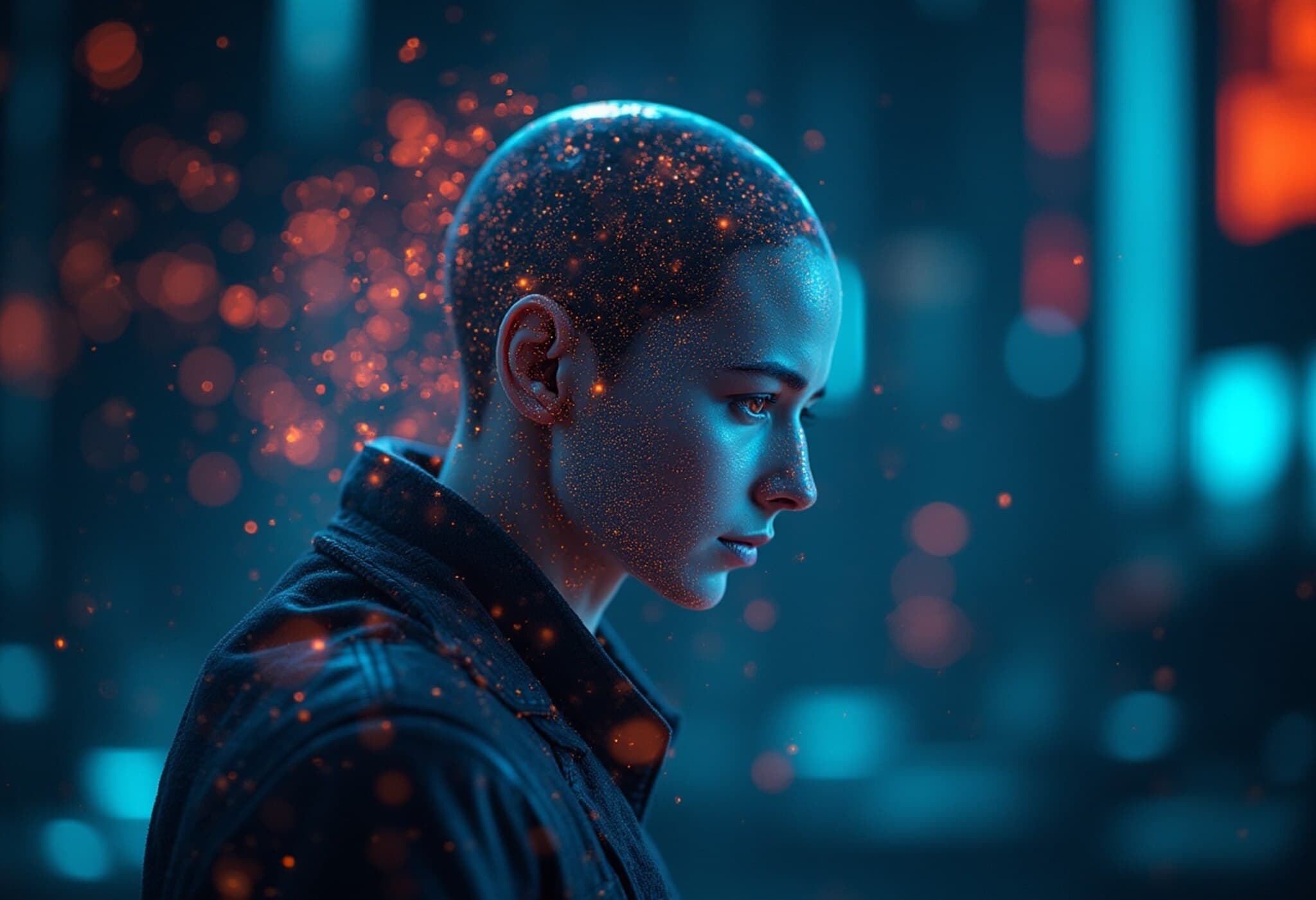Amazon Expands AI Footprint with Acquisition of Bee Wearable Startup
In a strategic move that underscores its commitment to embedding artificial intelligence more deeply into everyday technology, Amazon announced plans to acquire Bee, a San Francisco-based startup known for its innovative AI-powered wearable device. This acquisition reflects the growing race among tech giants to integrate AI into consumer hardware, aiming to make technology more personalized and intuitive.
Bee’s AI-Enabled Wristband: A New Chapter in Wearable Tech
Bee’s flagship product is a $49.99 wristband that, at first glance, resembles popular fitness trackers like Fitbit. However, beneath its sleek exterior lies sophisticated AI and microphone technology capable of listening to and analyzing conversations. The device offers users practical features such as automatic conversation summaries, task lists, and reminders, essentially acting as a wearable personal assistant.
Maria de Lourdes Zollo, CEO of Bee, expressed enthusiasm about the deal, stating, "When we started Bee, we imagined a world where AI is truly personal, where your life is understood and enhanced by technology that learns with you. What began as a dream with an incredible team and community now finds a new home at Amazon." This statement not only highlights the company’s vision but also hints at Amazon’s long-term strategy for AI integration.
Amazon’s Growing AI Ecosystem
Amazon confirmed the acquisition through spokesperson Alexandra Miller but has kept the financial details private. The acquisition fits neatly into Amazon’s broader efforts to innovate in AI, especially following the launch of its own AI models like Nova, specialized Trainium chips designed for AI workloads, and the AI chatbot for shopping assistance. Additionally, Amazon’s Alexa voice assistant has recently been revitalized with AI enhancements, intensifying competition with major players like OpenAI’s ChatGPT, Anthropic’s Claude, and Google’s Gemini.
Beyond voice assistants, Amazon-owned Ring has started incorporating generative AI into its smart home security devices, indicating a cross-device AI strategy that spans both personal and home technology.
Wearable Market: Past Experiments and Industry Trends
Amazon isn’t new to wearables; it previously launched the Halo health and fitness band but discontinued it in 2023 amid company-wide cost-cutting. The Bee acquisition suggests a renewed, perhaps more AI-focused approach. This move aligns with broader industry trends, where companies are experimenting with AI-enhanced gadgets—such as the Rabbit R1 AI assistant device and Humane’s AI pin, which was acquired by HP.
Tech giants like Meta have seen increasing adoption of smart glasses, while OpenAI’s $6.4 billion acquisition of AI devices startup io signals significant investment in screen-free AI technology. These developments underscore a collective push toward making AI more ambient, accessible, and seamlessly integrated into daily life.
Implications for Consumers and the AI Landscape
For consumers, the integration of Bee’s technology into Amazon’s ecosystem could mean more intuitive, proactive AI interactions throughout their digital and physical environments. For Amazon, this acquisition represents a strategic step in positioning itself at the forefront of next-generation consumer AI devices.
However, as AI-powered listening devices become more prevalent, concerns around privacy, data security, and user consent inevitably surface. It remains to be seen how Amazon addresses these critical issues while scaling up AI-driven hardware offerings.
Editor’s Note
Amazon’s acquisition of Bee marks an important milestone in the convergence of AI and wearable technology. This development not only reflects Amazon’s ambition to deepen AI personalization but also raises vital questions about privacy and ethical use. As AI wearables become more capable and commonplace, how will consumers balance convenience with the potential risks of constant data capture? Industry watchers and policymakers alike will be watching closely.











